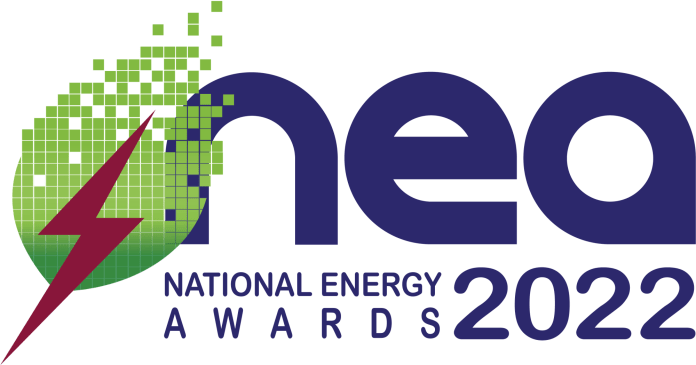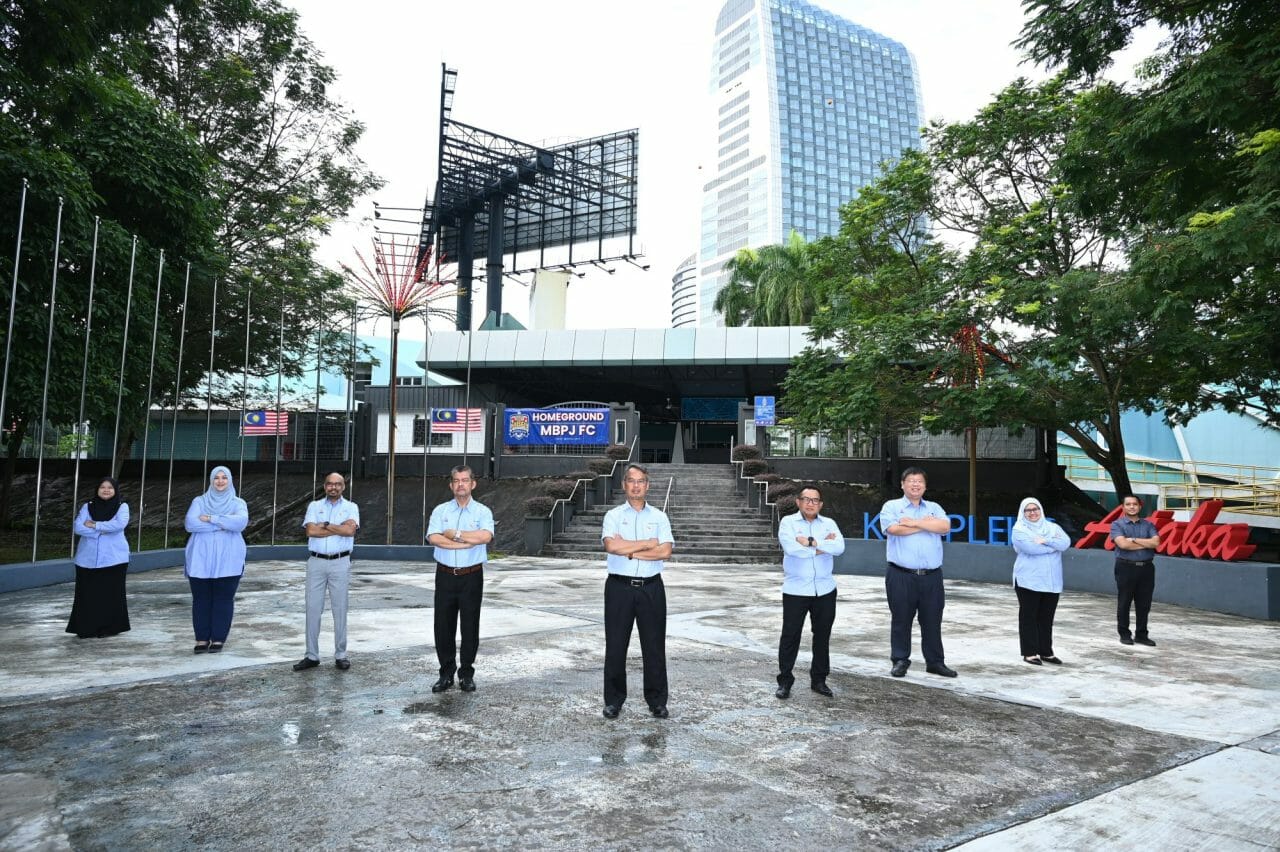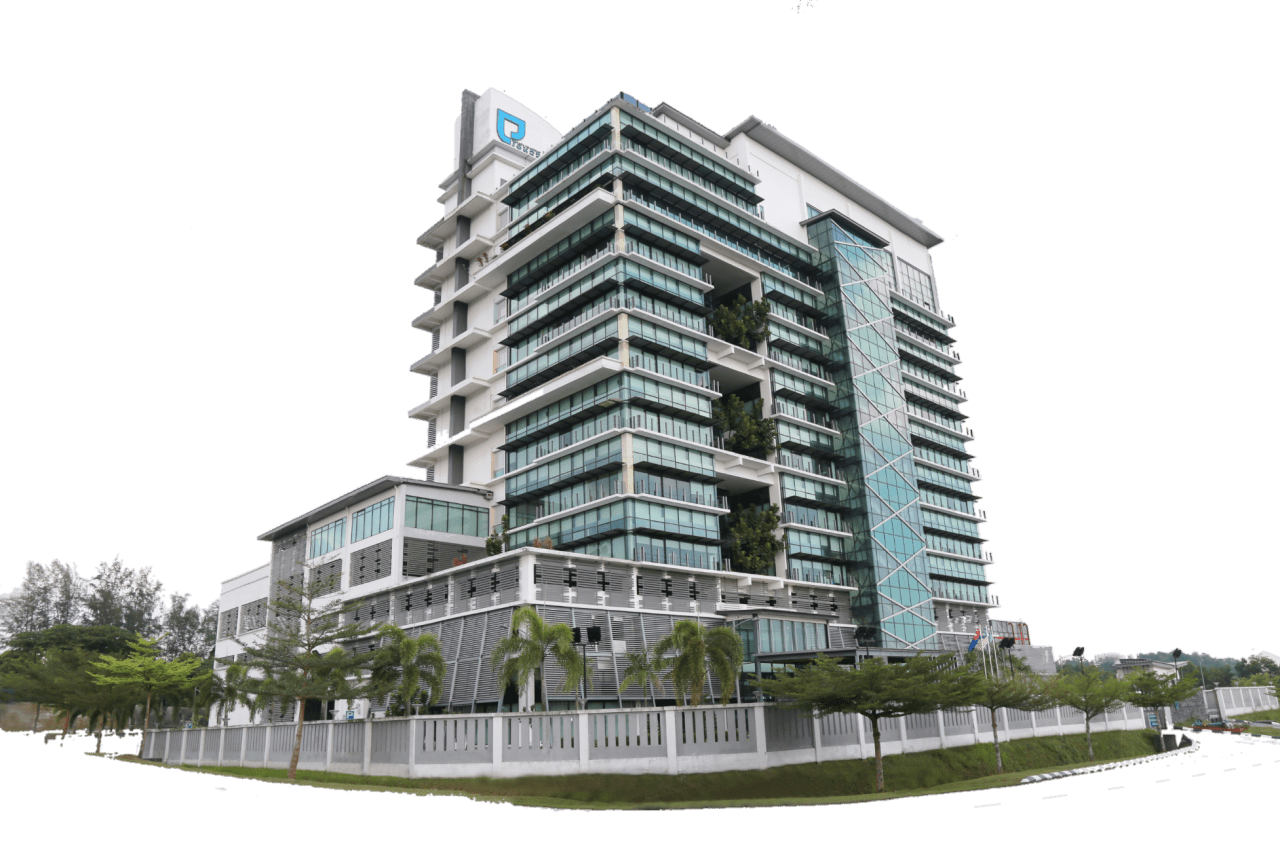Securing economic development, social equity, justice and environmental protection is the goal of sustainable development. Although these factors can work in harmony, they are often found to conflict with one another.
As a new roadmap to achieve sustainable development, the United Nations in 2015 approved the 2030 Agenda for Sustainable Development that sets out the Sustainable Development Goals (SDGs) — a series of goals to protect the planet and guarantee social well-being. By adopting this, nations have committed themselves to mobilise all means for its implementation. With the world facing a potential climate crisis – water shortages, drought, hunger, extreme weather – SDGs are to ensure a commitment and balance between economic growth, preservation of the environment and social well-being.
In reality, sustainable development by definition is progress that is economically efficient, ecologically sustainable and socially equitable.
The Ministry of Natural Resources, Environment and Climate Change (NRECC) launched the Strategic Plan 2020-2030: Environmental Sustainability in Malaysia in 2021 in hearing this global call. The plan is governed by the 12th Malaysia Plan 2021-2025 (12MP), which includes the government’s agenda, current policies and the country’s mission toward achieving the UN SDGs alongside the National Green Technology Policy (NGTP), the National Climate Change Policy (NCCP) and the Green Technology Master Plan (GTMP).
Specifically, 12MP focuses on advancing green growth as well as enhancing energy sustainability and transforming the water sector. The next five years will see a nationwide shift to more sustainable economic practices and lifestyles that value natural endowments and environmental health. This shift will address the issues of climate change, unsustainable consumption and product on practices, loss of biodiversity, lack of coherence in the implementation of policies and inefficient water resources management.
The challenge in Malaysia is then to put this understanding into practice, changing unsustainable ways into more sustainable one, as in the past where the nation’s rapid growth rate was attributed to the ability to exploit the environmental resource base available. Such environmental degradation has and will impact on the country societal wellbeing and quality of life.
Why Is Sustainable Development Critical For The Private Sector In Malaysia?
Solid action has been taken by the corporate sector to align themselves as being “sustainable;” for the reasons of:
Reduced Energy Bills – While the initial costs of installing renewable energy technologies may seem expensive, these costs are dropping, and hydro energy, geothermal sites, and solar PV sites can pay for themselves in less time every year. One significant reason behind the affordability of solar power and wind energy is government energy subsidies. The Government offers individuals and businesses subsidies for using sustainably sourced power to curb environmental damage. These financial incentives help bring down the end cost of opting for renewable energy sources.
Conservation From Price Fluctuations – having a business that owns its own generation resources helps a company forecast costs confidently.
Improve Energy Efficiency Initiatives – a business that aims to reduce energy use and save money usually will be pairing both renewable energy and energy efficiency together.
The Ability To Sell Energy To The Grid – if a company sells renewable energy that is produced by its own energy generation system to the grid, it may earn extra revenue that may help with offsetting the cost of installing solar panels.
Enhance Investor Confidence And Reputation Among Customers – investing in renewables proves to investors that a company is forward-thinking, and it will earn more favourable reputation among consumers.
Lessens Risk In The Long Run – switching to renewables will result in reducing energy bills which helps reduce the impact of climate change while reducing overall costs for the company as well.
How Does The Private Sector Move Into Sustainable Development In Malaysia?
Moving towards 2030, the national development priorities will continue to be aligned and integrated to the SDGs to achieve this ambitious goal. Government initiatives are pertinent as both the private and public sectors will have to work together to realise this vision — Malaysia will advance green growth towards a low-carbon nation, ultimately attaining carbon neutral future.
The NEM allows electricity bill rebates with solar setups leading to attractive ROI offers. The scheme’s quota for businesses, NEM Net Offset Virtual Aggregation, was quickly oversubscribed proving its popularity. The Gita and capital allowance are great motivators for business owners as they are eligible for these tax allowances of up to 48%.
Bank Negara Malaysia has also allocated RM1 billion to assist small medium enterprises (SMEs) in adopting sustainable and low carbon practices.
SAG offered a total (1:1) matching value of RM99.5 million to 167 companies in 2021 with 86% of the grant recipients being small and medium enterprises (SMEs) while the rest were mid-tier companies (MTCs).
As stakeholders of the planet’s future, urgent action is needed for us to fast track our sustainable efforts whilst balancing environmental and economic factors.
The vision of Agenda 2030 has led to the formation of the Malaysian Green Technology and Climate Change Corp (MGTC) mandated as the nurturer and implementor for this cause. MGTC is to drive the country in the scope of accelerating green growth, climate action empowerment and cultivating green lifestyle, through green technologies and eco solutions.
MGTC prime roles or objectives are:
- Mainstreaming the Green Economy through green product and service expansion programs such as the MyHIJAU Mark Certification Program. The Green Technology Financing Scheme (GTFS) & Green Technology Investment Tax Exemption (GITE) as well as training and human capital development schemes;
- Drive climate change mitigation actions such as advocacy for energy efficiency and renewable energy, low carbon urban programs and low carbon mobility; and
- Cultivate a green lifestyle through publicity and awareness programs in fostering cooperation between the government and private sectors in the global-scale platform such as International Greentech and Eco Products Exhibition and Conference Malaysia (IGEM) program and other public programs physically or through social media.
MGTC spearheads many initiatives and programs which provides specific details in achieving the long -term impact of the Nationally Determined Contribution (NDC) to reduce the intensity of greenhouse gas emissions by 45% based on Gross Domestic Product (GDP) compared to the intensity of emissions in 2005 by 2030, increasing the rate GDP from green technology of RM100 Billion and the generation of 230,000 green jobs.
For MGTC the way forward lies with ensuring Malaysia’s valuable resources are not wasted, the land must remain productive and fertile, water unpolluted and forest resources are capable of regeneration and able to yield the needs of our national development. In end, the beauty of our land should not be desecrated; for its own sake of economic advancement.
The emphasis placed on MGTC is to facilitate the public sector, businesses and corporations to remain competitive whereby important players such as these stakeholders having embraced the sustainability agenda, not only sets priority to the environmental, sustainability and governance (ESG) principles toward greener corporation practices and products, but reap long term costs savings.
These sectors must understand that these principles create greater efficiencies which can reduce costs, like the use of solar energy to replace fossil fuels, Co2 reductions and green efforts to reduce waste and pollution, for their own survival to go against the huge impacts of climate change.
On The Right Track
MGTC extends its mission to all societal layers and its programmes complement the 12MP and the nation’s Green Technology Master Plan to create a low-carbon and resource-efficient economy.
PwC 2021 Consumer Intelligence Series Survey on ESG showed 91% of business leaders believe their companies have a responsibility to act on ESG issues, while 83% of consumers think companies should be actively shaping ESG best practices. What’s interesting is that 86% of employees prefer to support or work for companies that care about the same issues they do, namely Environmental, Social And Governance (ESG) measures.
MGTC has played a significant progress to support the framework for environmental mitigation and mobilise the green agenda.
National Energy Awards (NEA) – Promoting The Adoption Of Sustainable Energy Practices
The Malaysia Renewable Energy Market is expected to witness a Compound Annual Growth Rate (CAGR) of 8.5% during the forecast period of 2022-2027. The cause is to reduce the impact of worldwide energy shortage, environmental crisis and rising raw renewable energy (RE) material costs and to address the rising concerns towards climate change, sustainability and increased ESG governance.
The Ministry of Natural Resources, Environment and Climate Change (NRECC) support the National Energy Awards which acts as a platform for renewable energy players to share and implement innovative solutions in the field of energy efficiency. It recognises the efforts of local public and private sectors across energy innovation to the Asean level while facilitating the ability of local industries to feature ideas and solutions by optimising the supply and use of sustainable energy.
The NEA is carried out to identify a Malaysian organisation with the best sustainable energy practices to represent the country at National Energy Awards (NEA), while encouraging he adoption of sustainable energy practices across all industries and sectors to drive Malaysia closer to the aspiration of net-zero GHG emission by 2050.
In a 2019 submission by Komtar in Penang, in keeping to MGTC’s guidelines a continuous reduction of the energy bill from RM9,213,365.00 in 2016 to RM7,371,709.55 in 2018 was seen following various initiatives implemented by a energy management committee. Among the cost saving measures were the installation of glass doors to prevent ingress of external air into the building, reducing heat load by blocking air condition supply to non-occupied areas and rescheduling the operation of the chiller
In the case of Menara TM, the administration building for Telekom Malaysia Berhad (TM), various energy management and conservation initiatives were carried out to increase building efficiency, reduce operation costs and improve environmental impact and a marked energy cost saving of RM4,070,000 or a reduction of 13,156,229 kWh was seen from 2016 – 20 19. In a NEA submission in 2020, the building recorded an energy reduction of 21.56% for year 2019 over the three years, resulting in a higher bottom line.
In both examples, the NEA is clearly a the platform for them to promote and introduce their product or services and the cause can support any building, be it an old or new building such as Mosque, or an old shopping complex, both can still participate as long as they keep to the criteria.
With a total of 20 awards in three categories made available to Malaysian residents, businesses, and organisations, including institutions of higher learning, twelve groups were crowned winners in Energy Management, Energy Efficient Building, and Renewable Energy.
The fifth edition of the NEA 2022 saw victors in Category 1 (Energy Management), with Medivest Sdn Bhd taking home the award for energy management for large buildings at Hospital Pakar Sultanah Fatimah HPSF. CSC Steel Sdn Bhd won the energy management for an industry award for their energy management toward efficient and sustainable process operations, while, Category 2 (Energy Efficient Building) saw BGreen Consultancy come out on top in respect of the Kepong’s Tzu Chi Si Hall. And, Kompleks Sukan Astaka, Majlis Bandaraya Petaling Jaya (MBPJ) won the zero green building category while Concord Green Energy won first place in the Renewable Energy category for their project, Concord FGV Keratong 2 Biogas Plant: The R&D Centre of Excellence.
Tenaga Nasional Berhad also won the on-grid local grid type for its PV and mini hydro project on Pulau Tioman. Following the NEA crowning, the winners of Categories 1 and 2 represented Malaysia at the ASEAN Energy Awards (AEA).
For more details of MGTC’s initiatives on the rationale and benefits of the Green Economy and NEA criteria, visit www.mgtc.gov.my.











